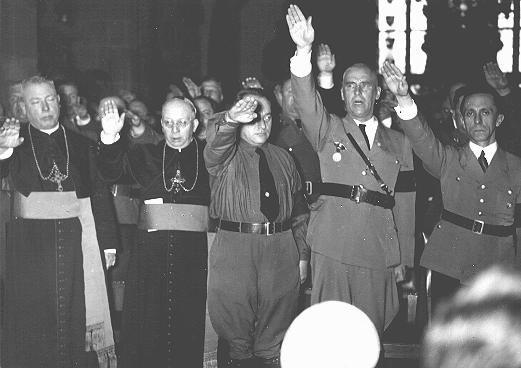One of the long-standing traditions of the inaugural weekend are two religious services, one held at St. John's Episcopal Church on Lafayette Square across the street from the White House just before the inaugural. The other is held the following day at the historic Washington Cathedral. The public is invited to the service at the Cathedral, and I was particularly excited since I had attended the service four years ago for Obama's second inaugural. I was most impressed by the sermon given by a Methodist minister focusing on the importance of humility and the person holding that office. How disappointed I was to find the following information in The Washington Post several days before the service "Bishop Mariann Edgar Budde, the diocesan bishop of the Diocese of Washington state, “ that the request of the president elect was that there be no sermon.that the request of the president elect was that there be no sermon." While the service did involve representatives of a great variety of religious faiths the Post also reported, "the service focused on biblical readings, patriotic music and Christian hymns and prayers for the country and its leadership.
I had never before heard of a congregant dictating to the church the content of a service. But I had hope,
What might be the message for the president elect at the service before the Inauguration - the one at St. John's?
The entire sermon can be read at:
http://time.com/4641208/donald-trump-robert-jeffress-st-john-episcopal-inauguration/
A brief summary follows:
I had never before heard of a congregant dictating to the church the content of a service. But I had hope,
What might be the message for the president elect at the service before the Inauguration - the one at St. John's?
The entire sermon can be read at:
http://time.com/4641208/donald-trump-robert-jeffress-st-john-episcopal-inauguration/
A brief summary follows:
Before attending the inauguration ceremony, President Trump attended a private religious service at St. John's Episcopal Church, across the street from the White House, as part of a modern Inauguration Day ritual.
The service was led by the Rev. Robert Jeffress, a Southern Baptist who campaigned hard for Trump during the closing months of the election.
Here is an exclusive transcript of Jeffress' sermon, which drew on the story of Nehemiah, a historical figure described in the Old Testament for rebuilding Jerusalem.
.President-elect and Mrs. Trump, Vice-President-elect and Mrs. Pence, families and friends, it’s an honor to be with you on this historic day.
President-elect Trump, I remember that it was exactly one year ago this weekend that I was with you on your Citation jet flying around Iowa before the first caucus or primary vote was cast. After our Wendy’s cheeseburgers, I said that I believed that you would be the next President of the United States. And if that happened, it would be because God had placed you there.
As the prophet Daniel said, it is God who removes and establishes leaders.
Today─one year later─God has raised you and Vice-President-elect Pence up for a great, eternal purpose.
When I think of you, President-elect Trump, I am reminded of another great leader God chose thousands of years ago in Israel. The nation had been in bondage for decades, the infrastructure of the country was in shambles, and God raised up a powerful leader to restore the nation. And the man God chose was neither a politician nor a priest. Instead, God chose a builder whose name was Nehemiah.And the first step of rebuilding the nation was the building of a great wall. God instructed Nehemiah to build a wall around Jerusalem to protect its citizens from enemy attack. You see, God is NOT against building walls! .Mr. President-elect, I don’t believe we have ever had a president with as many natural gifts as you.
THE GERMAN CHURCHES AND THE NAZI STATE*

Catholic clergy and Nazi officials, including Joseph Goebbels (far right) and Wilhelm Frick (second from right), give the Nazi salute. Germany, date uncertain.
— Bayerische Staatsbibliothek
The population of Germany in 1933 was around 60 million. Almost all Germans were Christian, belonging either to the Roman Catholic (ca. 20 million members) or the Protestant (ca. 40 million members) churches. The Jewish community in Germany in 1933 was less than 1% of the total population of the country.
How did Christians and their churches in Germany respond to the Nazi regime and its laws, particularly to the persecution of the Jews? The racialized anti-Jewish Nazi ideology converged with antisemitism that was historically widespread throughout Europe at the time and had deep roots in Christian history. For all too many Christians, traditional interpretations of religious scriptures seemed to support these prejudices.
The attitudes and actions of German Catholics and Protestants during the Nazi era were shaped not only by their religious beliefs, but by other factors as well,
*Holocaust Encyclopedia